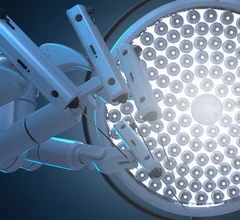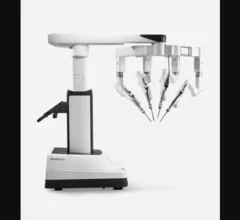Society of Thoracic Surgeons (STS)
The Society of Thoracic Surgeons (STS) is a not-for-profit professional organization representing surgeons, researchers and allied healthcare professionals involved in surgeries of the heart, lungs, and esophagus, as well as other surgical procedures within the chest. It is the largest cardiothoracic surgery organization in the world with more than 7,700 members in 110 countries.
Displaying 9 - 16 of 53

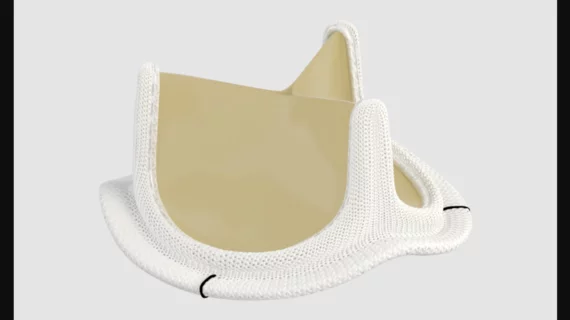
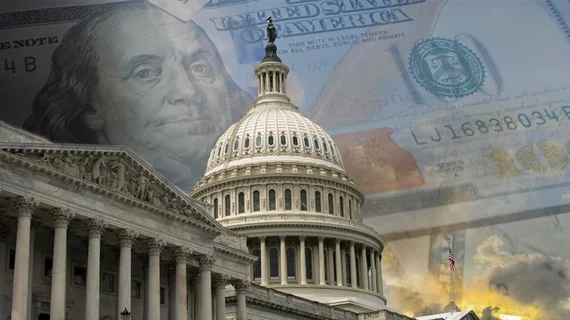
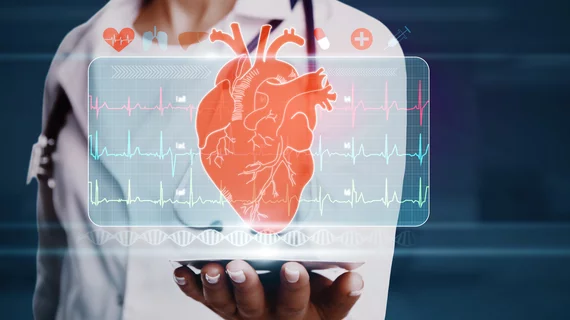
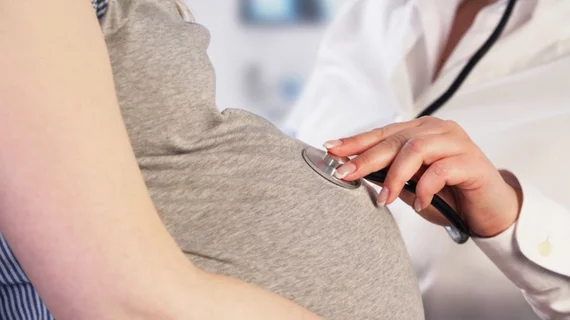
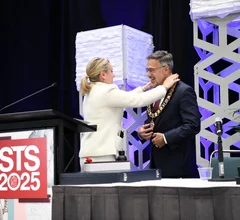

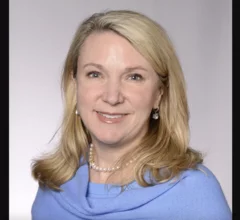

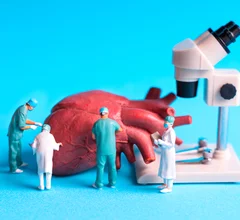
![Back in October 2024, heart surgeons with the WVU Heart and Vascular Institute in Morgantown, West Virginia, performed the world’s first robotic aortic valve replacement and coronary artery bypass (RAVCAB) procedure. Now, the team behind that historic surgery has shared its full story for the first time, publishing an in-depth look at the procedure in The Annals of Thoracic Surgery, an official journal from the Society of Thoracic Surgeons.[1]](/sites/default/files/styles/240x220/public/2024-12/screenshot_2024-12-11_at_2.09.27_pm.png.webp?itok=2t0vNQNA)
